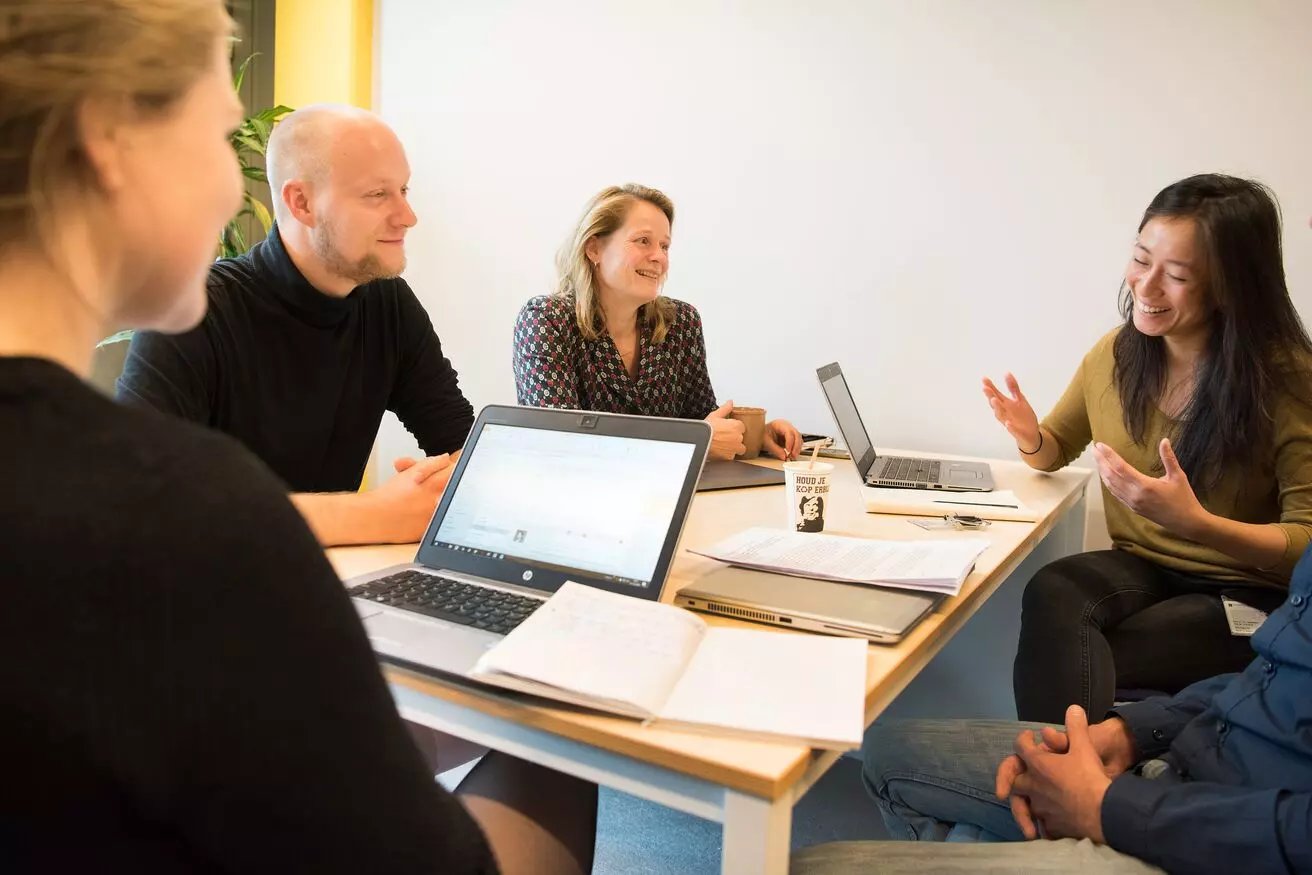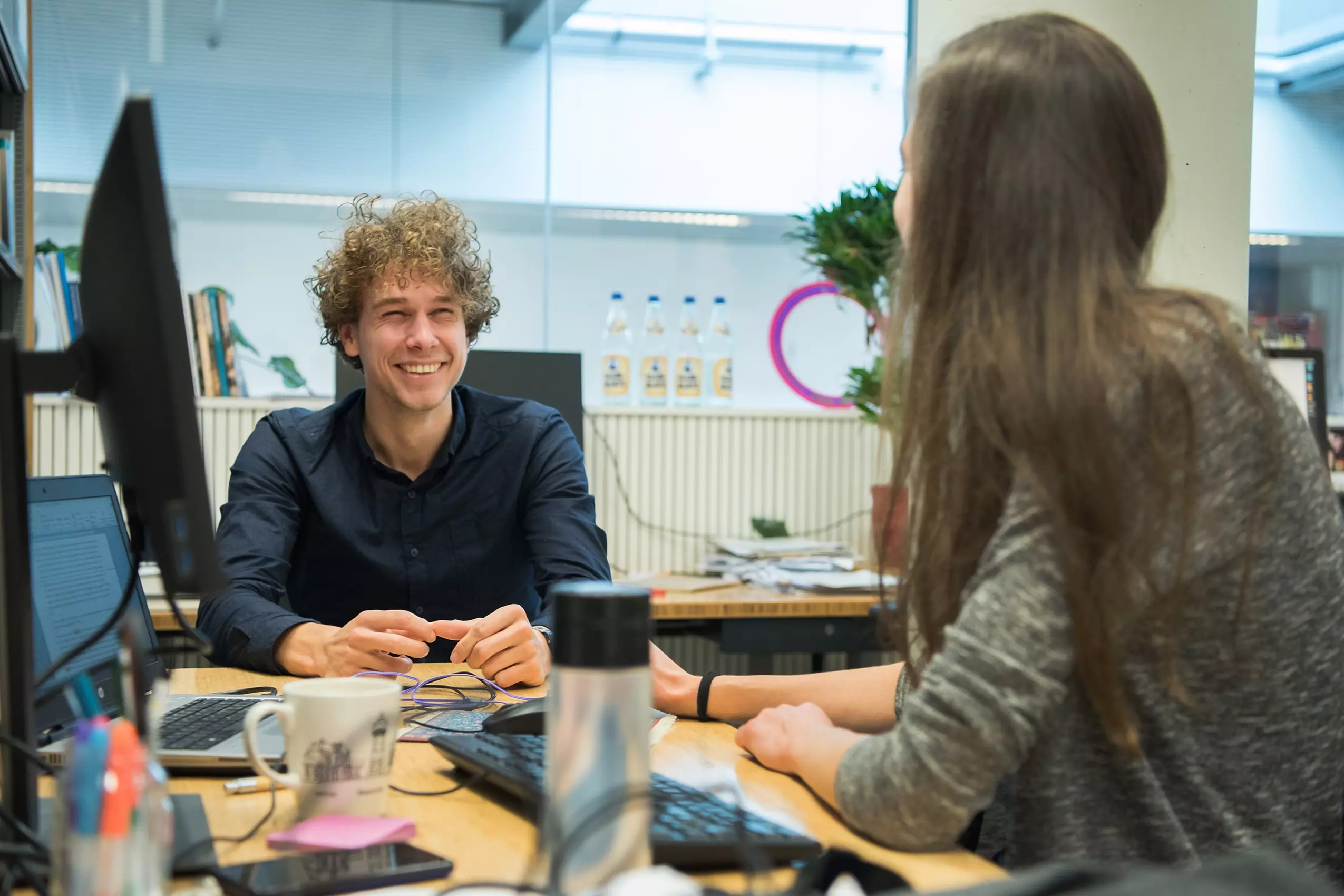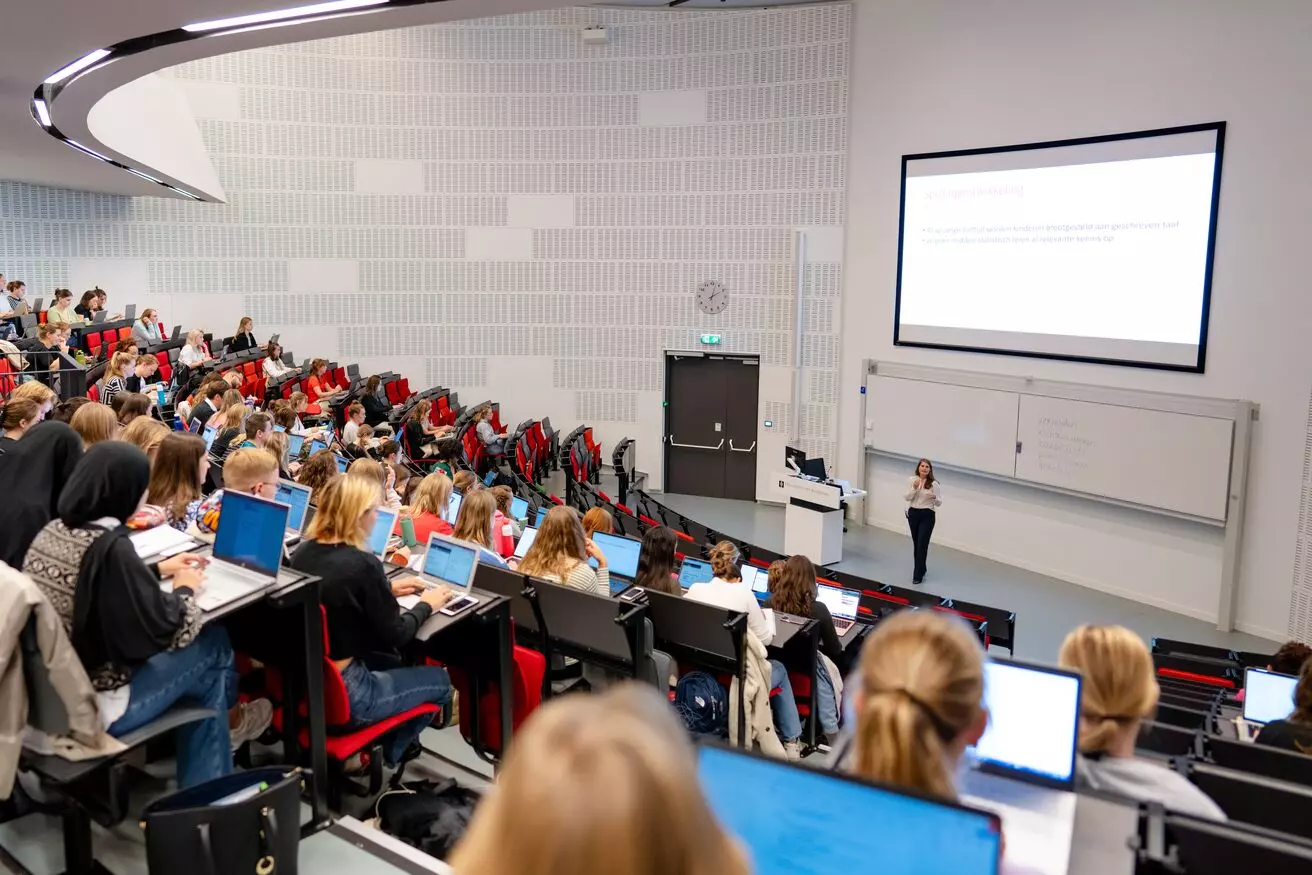This website uses cookies
We, and third parties, use cookies on our website. We use cookies to ensure that our website functions properly, to store your preferences, to gain insight into visitor behavior, but also for marketing and social media purposes (showing personalized advertisements). By clicking 'Accept', you agree to the use of all cookies. In our Cookie Statement. you can read more about the cookies we use and save or change your preferences. By clicking 'Refuse' you only agree to the use of functional cookies.
Not found

More vacancies

PhD position on Quantum Simulation with RbSr Ground-state Molecules
- Faculty of Science
- €3.059 - €3.881
- Master's
- Closes on18-03-2026
Are you eager to push quantum simulation to new regimes in a lively, international research group? Do you want to explore physics that nobody else has seen? Maybe you want to join our team as a PhD on our exciting journey to quantum simulations with RbSr ground-state molecules. We are the ultracold strontium group at the University of Amsterdam and you can read more about the project here.
View vacancy

PhD position on atom interferometry
- Faculty of Science
- €3.059 - €3.881
- Master's
- Closes on18-03-2026
Are you eager to push atom interferometry to new levels in a lively, international research group? Do you enjoy creating complex machines that have never existed before? Do you want to explore physics that nobody else has seen? Maybe you want to join our team as a PhD on our journey to continuous cold and ultracold atom interferometry. We are the QG&QI group at the University of Amsterdam and you can read more about the project here.
View vacancy

Assistant Professor in Entrepreneurship & Innovation (tenure track)
- Faculty of Economics and Business
- €4.728 - €6.433
- PhD
- Closes on01-04-2026
The Entrepreneurship & Innovation Section (E&I) at Amsterdam Business School (ABS), University of Amsterdam (UvA), is looking for an Assistant Professor in Entrepreneurship & Innovation (tenure track). The tenure track period is 6 years.
View vacancy
